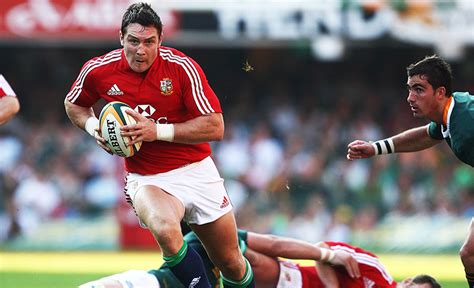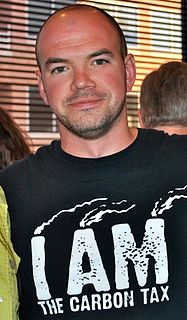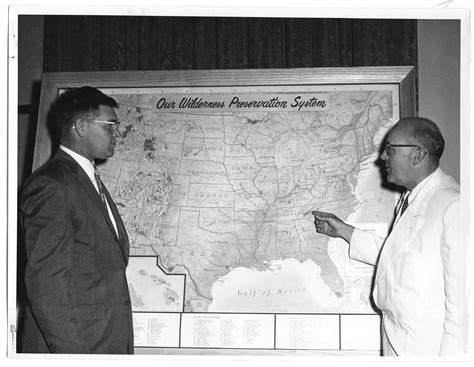A Quote by Edward Abbey
Wilderness begins in the human mind.
Quote Topics
Related Quotes
What the Indians are saying is that they are recognizing the right of wilderness to be wilderness. Wilderness is not an extension of human need or of human justification. It is itself and it is inviolate, itself. This does not mean that, therefore, we become separated from it, because we don't. We stay connected if, once in our lives, we learn exactly what that connection is between our heart, our womb, our mind, and wilderness. And when each of us has her wilderness within her, we can be together in a balanced kind of way. The forever, we have that within us.
We should not be living in human communities that enclose tiny preserved ecosystems within them. Human communities should be maintained in small population enclaves within linked wilderness ecosystems. No human community should be larger than 20,000 people and separated from other communities by wilderness areas. Communication systems can link the communities.
We can have wilderness without freedom; we can have wilderness without human life at all, but we cannot have freedom without wilderness, we cannot have freedom without leagues of open space beyond the cities, where boys and girls, men and women, can live at least part of their lives under no control but their own desires and abilities, free from any and all direct administration by their fellow men.
MOST of the ugliness in the human narrative comes from a distorted quest to possess beauty. COVETING begins with appreciating blessings: MURDER begins with a hunger for justice. LUST begins with a recognition of beauty. GLUTTONY begins when our enjoyment of the delectable gifts of GOD starts to consume us. IDOLATRY begins when our seeing a reflection of God in something beautiful leads to our thinking that the beautiful image bearer is worthy of WORSHIP.
Wilderness is rapidly becoming one of those aspects of the American dream which is more of the past than of the present. Wilderness is not only a condition of nature, but a state of mind and mood and heart. It cannot be confined to the museum-case status—seen only as a passing diorama from superlative throughways.


































